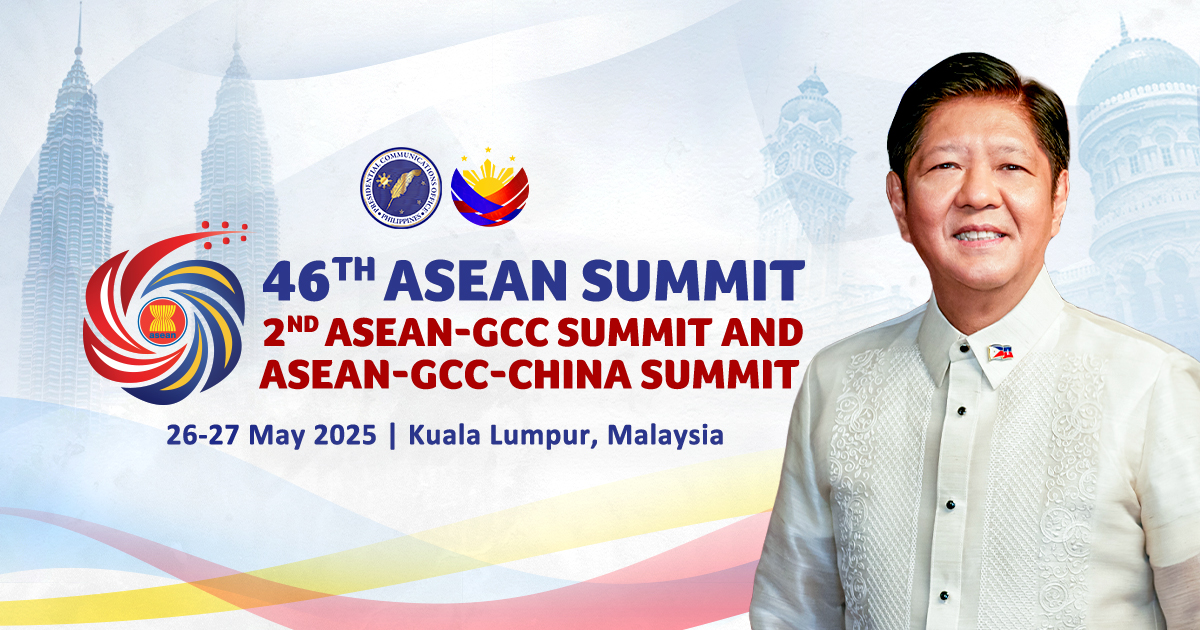Seeking arbitration over maritime dispute with China is reasonable, says Palace official
A Palace official on Sunday said the Philippines is right in seeking the assistance of the international arbitration court to resolve its case against China over disputed territory in the South China Sea.
Communications Secretary Herminio Coloma Jr. said the participation of the Philippines in the arbitration proceedings is in accordance with the principles of the United Nations Convention on the Law of the Sea (UNCLOS).
China has refused to take part in the arbitration and wanted the maritime row to be resolved peacefully through negotiations between the parties directly concerned.
“May iba tayong pananaw diyan. Ang partisipasyon ng Pilipinas sa arbitration proceedings ng international arbitration court ay isang matibay na pagtalima sa mga prinsipyong isinasaad sa United Nations Convention on the Law of the Sea o UNCLOS,” said Coloma when asked for comment during an interview over Radyo ng Bayan.
“Ito ay bunsod ng pagtataguyod ng ating bansa ng isang rules-based approach tungo sa mapayapang pagresolba ng mga isyu hinggil sa maritime entitlement claims sa West Philippine Sea,” the Palace official added.
Coloma noted that China, as one of the signatories of the UNCLOS, should join the arbitration.
“Sa ating pananaw bilang bahagi ng international community, higit na maipapakita ng China ang pagtalima sa UNCLOSkung saan isa ito sa mga signatories at iba pang kahalintulad ng international laws sa pamamagitan ng partisipasyon o pakikibahagi sa arbitration,” said Coloma.
The United States, United Kingdom and Japan are among the countries which have expressed their support to a peaceful settlement of the Philippines-China sea row.
“Hindi nag-iisa ang Pilipinas sa paniniwalang makatwiran ang paghain ng petisyon sa arbitral tribunal. Marami ng bansa kabilang na ang mga sumusunod: Estados Unidos, Britain, Canada, France, Germany, Italy at Japan ang nagpahayag ng pagtataguyod sa mga prinsipyo ng kapayapaan, seguridad at katatagan sa rehiyong Asya-Pasipiko at pagtutol sa tinawag nilang “intimidating, coercive or provocative unilateral actions that could alter the status quo and increase tensions” sa bahagi ng South China Sea o West Philippine Sea,” explained Coloma.
The UN Charter and international law encourages peaceful settlement of rows through dialogue. The UN Convention on the Law of the Sea (UNCLOS), on the other hand, respects the decision of the parties concerned to choose how to settle the disagreement. PND (jm)



















